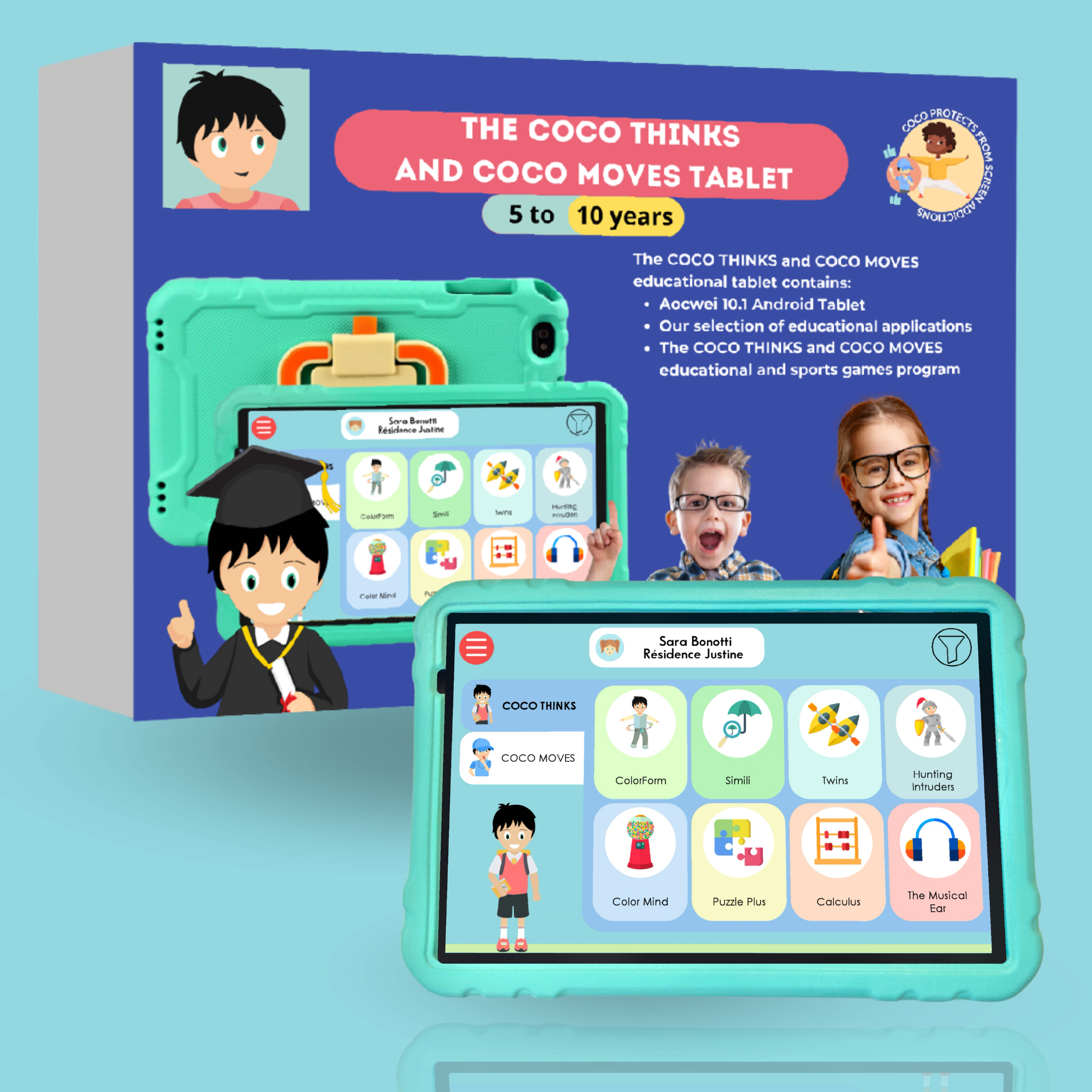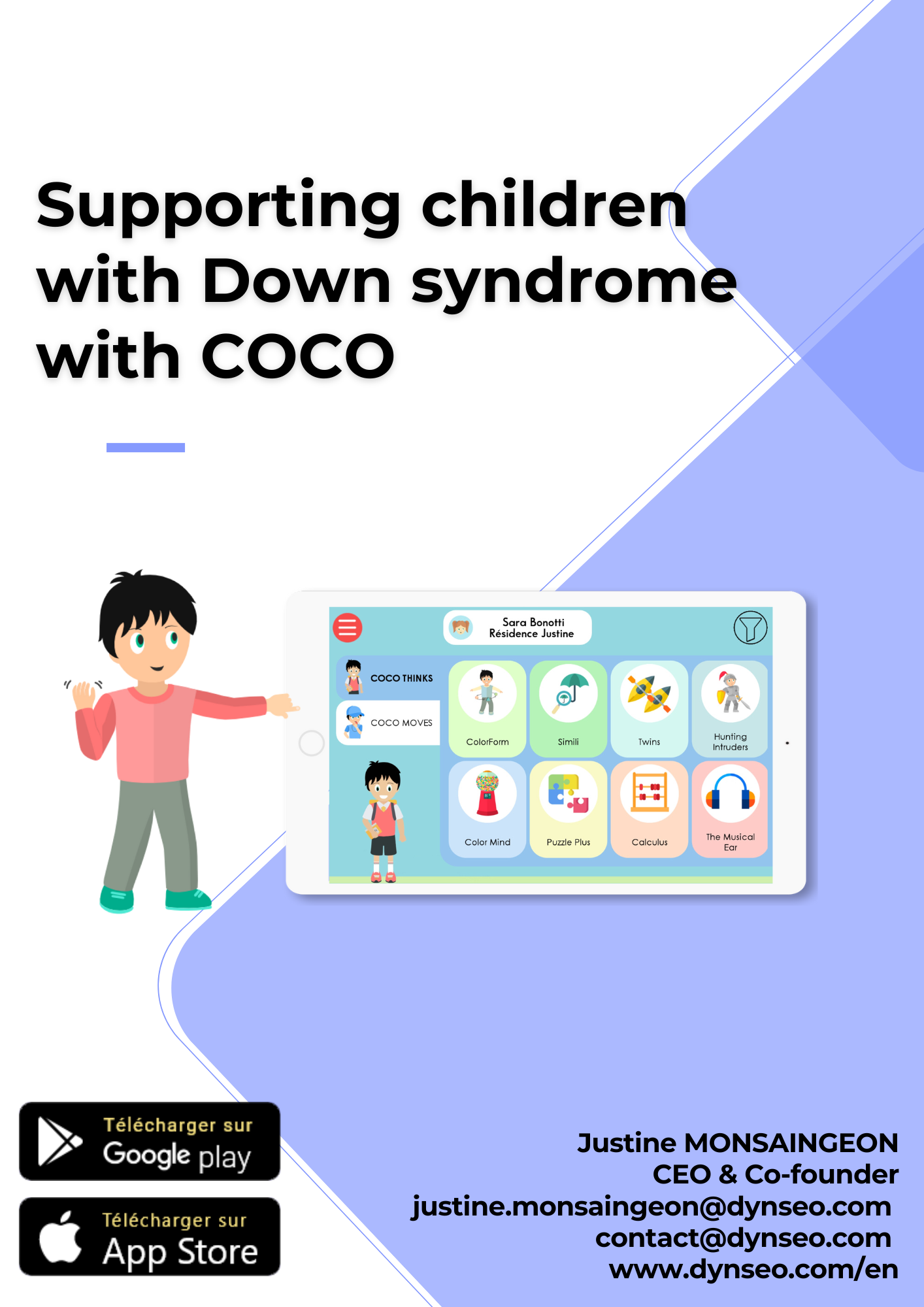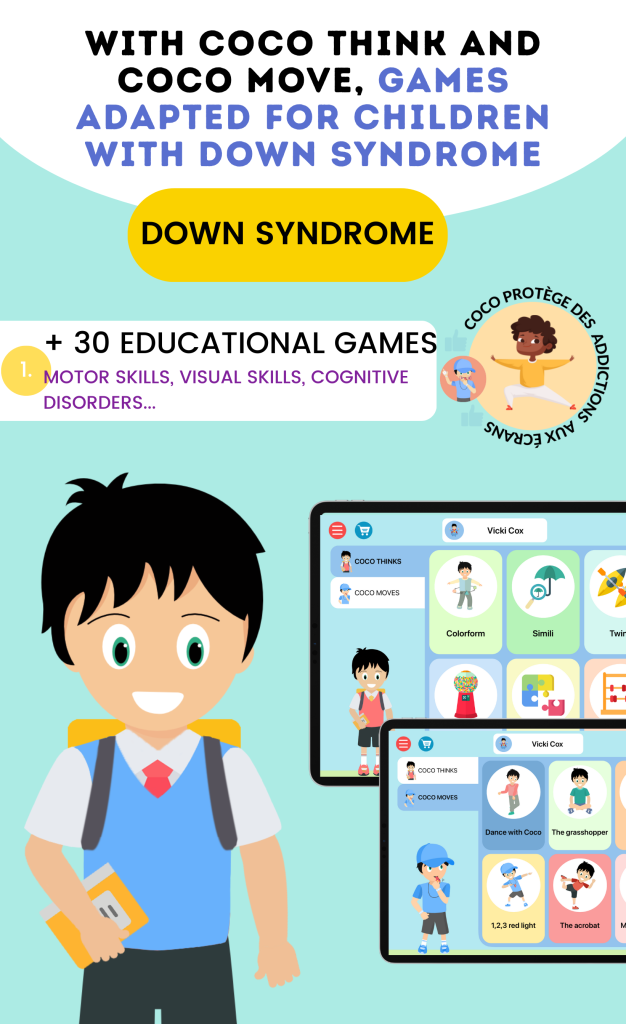Down syndrome, a genetic condition caused by the presence of an extra chromosome 21, affects approximately 1 in 700 births. This condition is characterized by a range of physical and intellectual disabilities, which can vary significantly from one individual to another. As we delve into the world of cognitive development in individuals with Down syndrome, we recognize that their learning processes and capabilities are unique.While many may face challenges in cognitive functioning, it is essential to understand that they also possess strengths and potential that can be nurtured through appropriate interventions and support. Cognitive development encompasses various skills, including memory, problem-solving, and language acquisition. For individuals with Down syndrome, these skills may develop at a different pace compared to their peers.However, with the right strategies and activities, we can foster an environment that promotes growth and learning. By focusing on creative activities, we can enhance cognitive development in meaningful ways, allowing individuals with Down syndrome to express themselves and engage with the world around them.
The Importance of Creative Activities in Cognitive Development
Creative activities play a crucial role in cognitive development for individuals of all abilities. Engaging in creative pursuits stimulates the brain, encouraging neural connections that are vital for learning and growth. For individuals with Down syndrome, these activities can provide a safe space for exploration and self-expression.When we encourage creativity, we open doors to new ways of thinking and problem-solving, which are essential components of cognitive development. Moreover, creative activities often involve collaboration and social interaction, which are vital for building communication skills. As we participate in group projects or artistic endeavors, we learn to share ideas, listen to others, and work together towards a common goal.This social aspect not only enhances cognitive skills but also fosters a sense of belonging and community among individuals with Down syndrome. By integrating creative activities into their daily routines, we can create an enriching environment that supports their overall development.The Benefits of Art and Music in Cognitive Development for People with Down Syndrome

The Role of Drama and Dance in Enhancing Cognitive Skills in Individuals with Down Syndrome
Drama and dance are dynamic forms of creative expression that can significantly enhance cognitive skills in individuals with Down syndrome. Through drama, we engage in role-playing and storytelling, which helps develop language skills, comprehension, and social awareness. As we immerse ourselves in different characters and scenarios, we learn to empathize with others and understand diverse perspectives.This not only enriches our cognitive abilities but also fosters emotional intelligence. Dance, similarly, offers a unique avenue for cognitive development. The physical movement involved in dance promotes coordination, balance, and spatial awareness.As we learn choreography or improvise movements, we engage our memory and concentration skills. Additionally, dance often involves rhythm and timing, which can enhance auditory processing abilities. By incorporating drama and dance into the lives of individuals with Down syndrome, we provide them with opportunities to express themselves while simultaneously developing essential cognitive skills.◆ ◆ ◆
The Impact of Creative Writing and Storytelling on Cognitive Development in People with Down Syndrome
Creative writing and storytelling are invaluable tools for enhancing cognitive development in individuals with Down syndrome. Writing allows us to organize our thoughts and express our ideas in a structured manner. For individuals with Down syndrome, engaging in creative writing can improve language skills, vocabulary acquisition, and comprehension abilities.As we craft stories or poems, we learn to articulate our emotions and experiences, fostering self-awareness and confidence. Storytelling is another powerful medium that encourages cognitive growth. When we share stories—whether personal or fictional—we engage our imagination and creativity.This process helps develop narrative skills and enhances memory as we recall details from our own lives or the tales we create. Furthermore, storytelling often involves listening to others' narratives, which promotes active listening skills and empathy. By incorporating creative writing and storytelling into educational settings for individuals with Down syndrome, we can cultivate their cognitive abilities while nurturing their love for language and expression.Incorporating Creative Activities into Therapy and Education for Individuals with Down Syndrome

Strategies for Implementing Creative Activities to Support Cognitive Development in People with Down Syndrome
To effectively implement creative activities that support cognitive development in individuals with Down syndrome, we must consider various strategies tailored to their unique needs. First and foremost, it is essential to create an inclusive environment where individuals feel safe to explore their creativity without fear of judgment. Encouraging experimentation and celebrating individual expression can foster confidence and motivation.Additionally, we should focus on providing structured yet flexible activities that allow for both guided instruction and independent exploration. For instance, when engaging in art projects, we can offer specific themes or techniques while also allowing individuals the freedom to express themselves creatively within those parameters. This balance between structure and freedom promotes cognitive growth while respecting individual preferences.Furthermore, collaboration is key when implementing creative activities. We can encourage group projects that foster teamwork and communication skills while allowing individuals to learn from one another's strengths. By creating opportunities for social interaction through creative pursuits, we enhance not only cognitive development but also social skills that are vital for building relationships.◆ ◆ ◆




